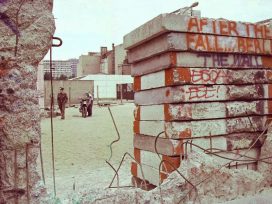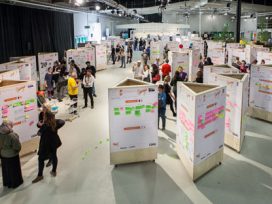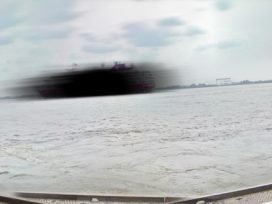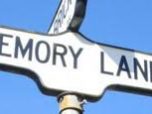
With trillions potentially having to be poured into national economies too big to fail -- Greece, Ireland, Portugal, even Italy and Spain -- the eurocrisis is threatening to overshadow the collapse of 2008. In a new Eurozine focal point, Jacques Delors, Jürgen Habermas, Daniel Daianu, Ulrike Guérot, Slavenka Drakulic and others discuss whether the EU is not only broke, but also broken -- and if so, whether Europe's leaders are up to the task of fixing it.




